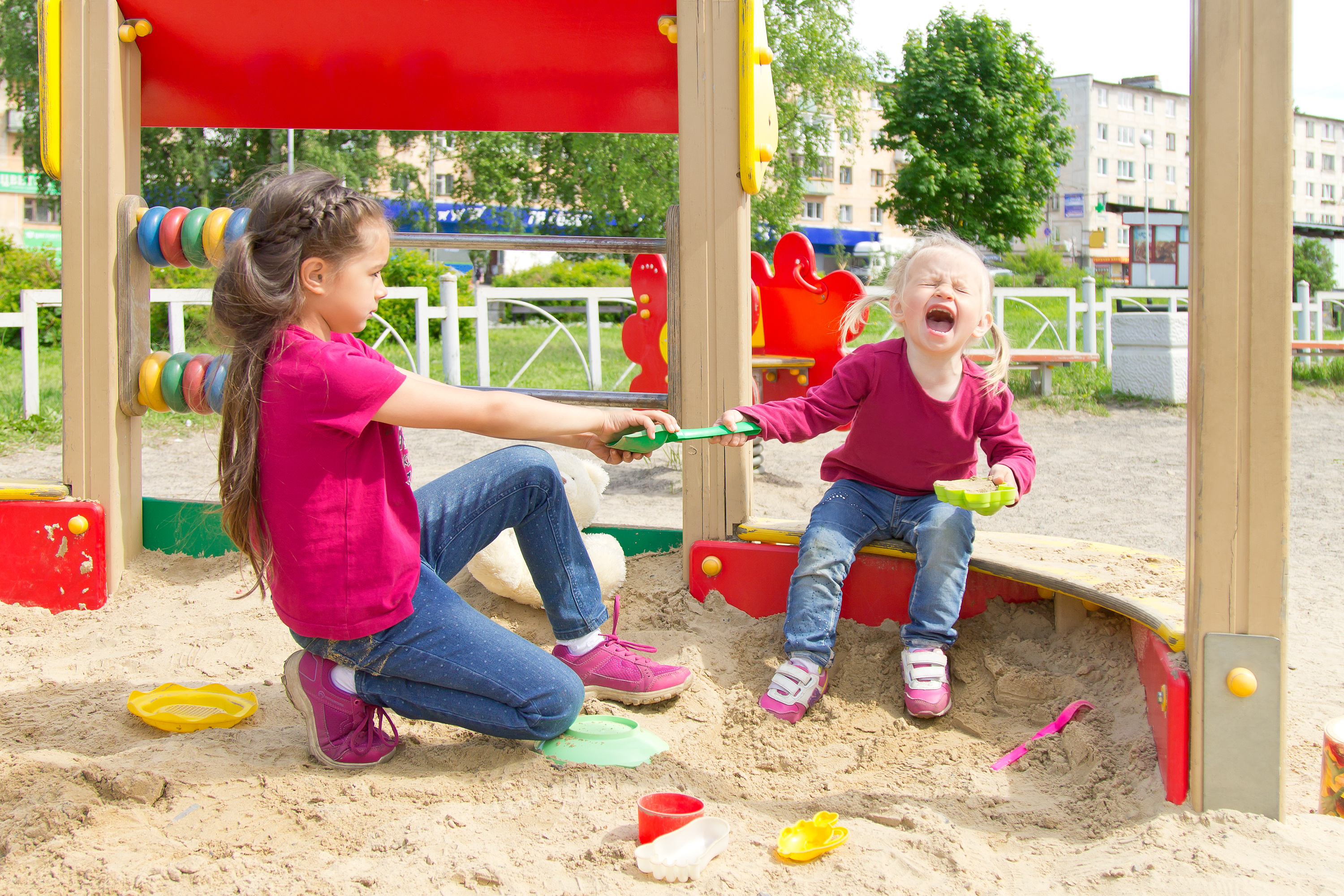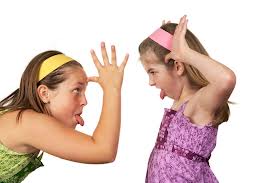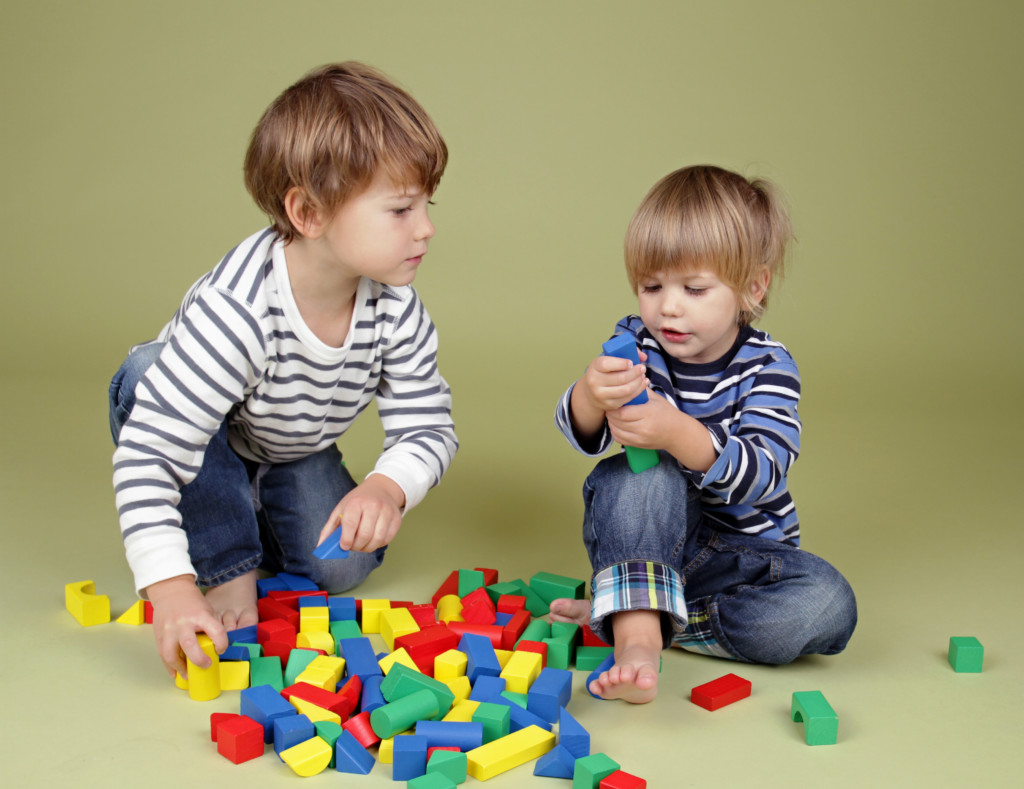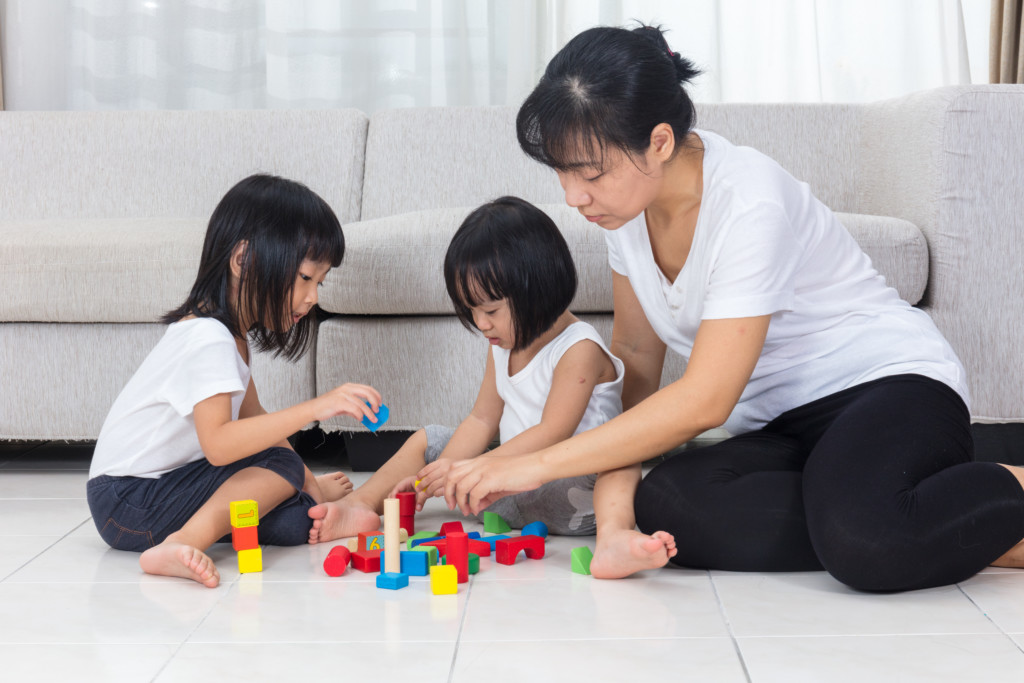“Hi Genevieve, my 3 y.o daughter is regularly ripping wallpaper off our walls in a destructive fashion. She understands its not ok. Its very frustrating and its making the house look awful. And she’s also been hitting her younger siblings of late, which is not like her.
This girl is spirited and wonderful and bright and independent and just utterly lovable and adorable and awesome.
She gets lots of sensory play – playdough, sand, water, ripping paper! She also has a feelings box so if she is feeling overwhelmed she can go and run beads through her hand, draw angry/sad faces, squish balls etc. She gets lots of cuddles and is worn on my back when her baby brother is not there. She has strong vocab and uses words to express herself.
I know 3yo’s are hard work as they show their independence and work out how to fit in and cope with feelings and everything. I tend to just take each individual situation and work on that behaviour wise. We allow natural consequences. We have no punishments here. She cries and gets very upset with any correction – (we do not allow hitting of siblings at all).
What do I do about the wallpaper? I ask this because she just did it in a new room where the paper was all nice. I got so angry that I yelled at her and now I feel really bad! Hoping for some fabulous ideas!!! Thanks So Much!”
Genevieve’s response: Hi Chloe, I can well imagine how frustrated you must feel, to put it mildly! This sounds really tough! It does sound like you’re doing an amazing job and I love the picture of providing lots of sensory outlets for your girl and carrying her when she needs closeness. And your description of your girl shows so much love, appreciation and warmth.
Because, as you describe Chloe, she knows that pulling the wallpaper off isn’t allowed and the same with hitting her siblings, she knows you’re not happy about it and because it has become an ongoing, rather than just a once-off, problem, I find myself wondering about her feelings that may be driving her actions. Also, because she gets very upset with any correction, I wonder how she is feeling when corrected in general.
Have you tried talking with her about the wallpaper in a way that puts the focus on inviting her feelings forward? The feelings that are driving her need to be destructive may stem from something completely unrelated to the wallpaper. There’s clearly some uncomfortable feelings that she’s unable to contain, unable to identify or express in a healthy way. But these feelings are being communicated through her actions. Just as important as stopping the behaviour, is the opportunity to help her with any feelings she’s carrying that are so uncomfortable as to drive these destructive actions, including hurting her siblings. You can trust that if you help her resolve her feelings, then she will again happily follow your guidance.
Warm connection, play and laughter are great ways to help children resolve difficult feelings, there are many ways to use play consciously but here’s a couple of ideas that involve contact with you.
Either next time it happens or just bring her to an area where the paper is ripped today, remind her that the wallpaper needs to stay on the wall while you put your hands on her in a warm and affectionate way and truly connect.
While being really calm and present, invite her feelings by showing care and concern that she may have some big frustrations in her little body and that you want to help her get the frustration out of her body. Talking to young children about feelings “in their body” helps them notice and identify their feelings. You can introduce the following activities as “fun ways to get your frustrations out of your body.”
Power reversal games: You can invite her to chase you as you feign fear of being captured by her and where she discovers that she can run faster than you! Or have a pillow fight which is also a great power reversal game that allows a child to resolve feelings of powerlessness and rejection (which all children feel at times).
Another game that’s great for helping children resolve frustration is to invite her to push against the palms of your hands (perhaps kneeling in front of her). Let your resistance be enough to give her some struggle, but not too much that she can’t victoriously knock you over in the end! If she goes for it, this one is guaranteed to elicit shrieks of laughter and all the stress release that such laughter brings. These games help a child connect with and release their frustration in their belly and other parts of the body. They may give her a chance to “push against you” as she’s doing with her rebellious acts of wallpaper destruction, but in a way that she’s receiving your full attention, giving her a chance to growl and laugh. Laughter in this context can be profoundly healing, stress-relieving and bonding.
I’ve suggested the play as one of many options, because when I try to imagine what it might feel like for a child of her age and stage to rip the wallpaper again and again when she knows you’re not happy about it, I wondered if it’s an attempt to rebel because she has some unresolved feelings of frustration and sadness, perhaps she’s struggling to feel the connection with you or dad. Perhaps she’s angry about times when she’s got in trouble in the past. Could she possibly have some unmet needs around developing her autonomy and her right to protest?
Defiance and aggression are often expressions of a child trying to assert some independence, but through very off-track behaviour. Understanding what may be driving behaviour doesn’t mean condoning or “making excuses” for the behaviour, but helps you figure out how to address and resolve the core of the problem. Ongoing “misbehaviour” is nearly always symptomatic of some deeper issues. A child’s need to develop some autonomy is an especially huge part of development between ages 2 and 4, and be assured that all children have some unmet needs at times. Whatever her unmet needs may be, this challenge could provide a great opportunity for uncovering and resolving them.
If your girl can truly feel that your love, empathy and support of her feelings can be maintained even when she does something this “wrong”, then a deeper sense of emotional safety and security can be created. When a child receives feedback from her parent that her parent is asserting a strong and clear limit because they are unhappy about their actions, and the child can ALSO see evidence that her feelings are still being related to respectfully and cared for, this creates a deep feeling of security for children. Maintaining the connection and empathy for a child’s feelings while asserting a strong limit is the ultimate proof of unconditional love for a child.
When a child has developed the feeling of “I cause trouble” or “I’m naughty” for whatever reason; then aggressive, destructive or defiant actions are a classic expression of this feeling. These expressions for children are mostly unconscious, so asking her why she’s being destructive or aggressive may not help her identify the reason herself, she most likely won’t know. She’s simply driven by impulses and huge frustrations that she can’t yet manage without your help.
If you can give her the feedback (again) that you’re not happy about the wallpaper being torn, remind her of the rule, but reassure her that you still and always will love her and let her know that her feelings are way more important than silly old wallpaper, you may well reach the feelings of shame, rejection, anger, fear or perhaps jealousy that have been driving the action and you’ll likely free her of those feelings. Children can easily get the feeling that we care more about the younger sibling, or the property that a child has been aggressive towards, than we care about them and their feelings. A child needs to see that their parent gets how hard this is for THEM too! It’s only when she becomes free of those insecurities that she’ll be able to move on from acting out behaviour and hence be happy again to respect your limits, trust your unconditional love and again enjoy following your guidance. I know this is a big ask, but I promise you this is a very valuable investment in the big picture.
When our children interpret our limits and guidance as loving leadership, care and support, it’s much easier for them to assimilate the limits and the positive expectations and much easier to cooperate. But when they interpret our limits and guidance as judgment, rejection, criticism, intolerance and exasperation, they naturally (being human) have an urge to rebel or comply resentfully. Children can become very defensive when this dynamic develops, and when a child becomes defensive, it can appear that they simply don’t care about the harm they’re causing. It’s our job to help them know we’re helping them and that they don’t need to feel defensive. It can help to say “you’re not in trouble, I know this was stressful for you as well”.
I hope this helps Chloe. I know that you’re a great mum, I hope you’ve since come back to peace with yourself about yelling and had a chance to reconnect and repair and that she’s felt free to show you the feelings it caused. And just to mention that I wouldn’t recommend resorting to creating consequences, your girl will know that the feeling behind the consequence lacks empathy and connection and hence can only be counterproductive in the long run.
Remember that it’s not her reasoning that you’re appealing to, she knows that it’s not allowed, she needs to be reached in the heart, children always do.
Keep us posted. ~ Genevieve
Chloe’s response: Genevieve, I thought about your comment about “causing trouble” and it really seemed possible. My husband just took her brothers for an hour and we hung out, wrestled, laughed and connected. I asked her about the wallpaper again. We went to look at one of the more severe walls. I asked her “What do you think of this?” and she said “Its pretty.” “Why is it pretty?” She told me “its pretty because it’s naughty”. We had more discussion. It turns out that the reason for it, albeit subconscious, is basically that we have recently had to really tackle her lack of impulse control with her siblings. Each time she gets violent with her brothers, she is stopped from playing with them. It appears that when the 9mth old flaps and pats me that she thinks he is “hitting” and he doesn’t get “into trouble”. But when she hits her brothers she has to stop playing – which always results in huge upsets and her running off refusing comfort and sobbing. The wallpaper appears to be an offset of this perceived injustice. So now she thinks she is “naughty”. I have worked so hard to not lead my children to believe negative connotations of themselves. I tell her positive things every single day.
I will try and undo the thinking and hopefully, the wallpaper issue will resolve. The issue runs deeper though – she *knows* it upsets her parents, as she discovered that after the very first incident.
Thanks again, you are fabulous Genevieve, helping all these Mamas. Thanks so much for helping me work through it. Hopefully, the remainder of my sorry looking wallpaper will survive. Chloe
A quick update a few days later: I am still quite amazed. Both her Dad and I have been really conscious of saying things in opposition to the idea that she is “naughty” both to her and in earshot of her. “Kind/friendly” etc etc.
After it being a multiple times a day problem which was frustrating us all, it has not happened since I went through that exercise with her on Saturday.
I wondered if those who commented pro a “just say no” or “use consequences” approach (referring to facebook thread) might be curious as to the results of an empathetic approach instead.”
Genevieve’s note: A couple of weeks later Chloe reported that in continuing to give their little girl feedback about what they won’t allow her to do (like hurting siblings) using this approach of connecting and showing care of her feelings that are driving her actions, their little girl’s aggressive tendencies have reduced dramatically, there hasn’t been any more incidents of wallpaper ripping and she’s overall a more settled child.
I received a further update a couple of years later when the mum contacted me about an issue with one of her kids and again told me that the spate of destructive and aggressive behaviour hadn’t reappeared since in all that time.









